If you’ve ever felt that being a curly girl in the natural hair community is full of rules you need to follow in order to have healthy hair and that you get confused or overwhelmed (or both) by most of them, then this post is for you because you don’t really need to follow them. Well, not in the way you probably think.
I understand that as newbies we want to start our new hair journey doing the best we can for our curly hair and as such, we tend to introduce into our hair routines as many rules as we think are beneficial to our hair according to what everyone else is saying.
However, some of the ‘rules’ being preached out there are misleading, others will only work if your hair has specific characteristics or needs, or even if you want to achieve specific results. Furthermore, even if some of these rules work for some or are indeed good for curly hair, it is up to you to decide how complex you want your hair routine to be and how they fit into your lifestyle. What works for some may not work for you and your hair.
So, yeah… if you want to get rid of the doubt and overwhelm, pay attention and keep reading. 😉
#1| You Shouldn’t Shampoo
Actually, I say ‘Please shampoo’! Yes, there is some truth to the fact that some sulphates are strong and dry out your curly tresses, but co-washing isn’t the answer to that problem (you can read why here). The truth is, sulphates are a type of surfactants, there are gentle options under this category. You can find a lot sulphate free shampoos out there that are moisturising to your hair (here are a few suggestions)
Cleaning your hair properly is a major step in getting your hair properly moisturised. A good, well-formulated sulphate free shampoo will get rid of all dirt, dust, sweat and styling products on your hair. Additionally, an occasional clarifying shampoo will remove all product build up and water minerals that eventually get deposited on your hair shaft, prevent water absorption and lead to dry hair. So, yes, definitely make sure you shampoo your hair!
Here’s a good sulfate free shampoo I discovered lately that will clean your scalp and hair really good and leave your hair with an amazing citrus scent. Use code ‘curlyhairlounge‘ to buy your Flora & Curl African Citrus Bloom Superfruit Shampoo with a 10% discount (minimum spend £25).
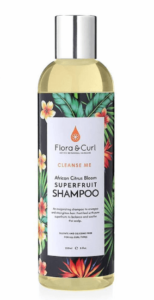
#2| Always Co-Wash
I wouldn’t say always. I say, do it in-between shampoo sessions if you need to refresh your hair and scalp and infuse some extra moisture until your next wash day. Co-washing should not be your sole hair cleaning method. It has cationic ingredients with are attracted to your hair. So while you may be removing some dirt you are also depositing ingredients in your hair that will eventually create buildup. You can know more about how well co-washes clean your hair here and a few more tips here.
#3| Finger Detangle
There’s no doubt that when finger detangling your hair you are more gentle and have a better perception of tangles and knots, which in turn can cause less mechanical breakage. However, if you think this is too much hassle and you’re wondering if this is the only way you can detangle your hair, rest assured it’s not. As long as you’re not applying unnecessary force and causing hair breakage you can use whatever gets the job done – your fingers, a wide tooth comb, your Denman brush, a tangle tweezer, Felicia Leatherwood’s brush, etc. You decide!
When I was transitioning, I fell in love with finger detangling and praised it because it made my life easier when dealing with two hair texture and the wide tooth comb was causing me hair breakage (a nightmare, yes!). Fast forward to today, my hair is completely natural, I still finger detangle but I have reintroduced the comb back into my hair routine. Why?! Because that’s what works for my hair now. My hair is so curly, that frankly using my hands is not enough for me to make sure no tangle or knot is left unattended. You probably know how ugly things can get if that happens, right?! 😉
#4| Moisturise Regularly
To some people, moisturising their hair every night before going to bed has become a ritual to avoid dry hair. However, if the hair is well cleaned and moisturised on your wash day your hair shouldn’t feel dry. It should last you until the next wash day.
If on your second-day hair your hair feels dry, you’re probably not cleaning your hair well, consider point #1. Once properly washed and conditioned your hair can stay moisturised for 4 to 10 days. However, this will depend on your hair texture, porosity, climate, the environment you work in and even if you styled your hair in a wash and go or an updo.
This means that you may get away with washing your hair once every 7 days or you may need to wash it every 4 days, depending on your circumstances. Spraying your hair with water, reapplying products and whatnot only can lead to frizzy hair and has you over manipulating and possibly causing breakage.
If washing and styling your hair every 3 or four days doesn’t work for your lifestyle consider doing quick co-wash in-between shampoo sessions. There’s no need to have all that work re-moisturising every day!
#5| Protective Hairstyles
Keeping your hair in low maintenance or protective hairstyles will help with prolonging hair moisture and decreasing tangles and knots, however, you don’t have to live them in fear of dry hair, breakage and stunt length retention. As I said before, if your shampoo sessions are well scheduled, your hair is well cleaned and moisturised you can let your curls hang free.
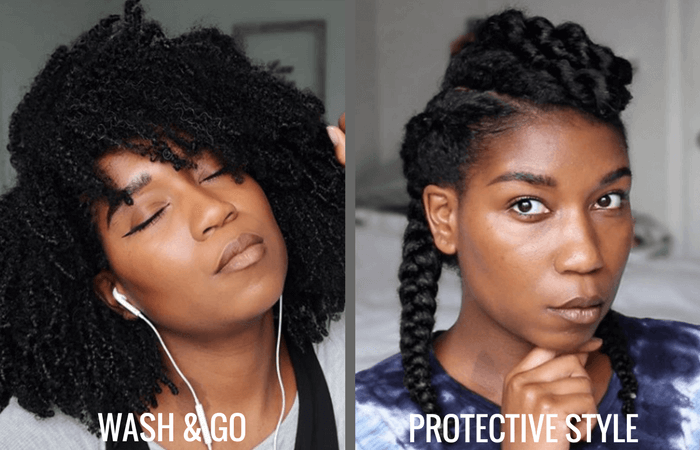
I like to mix up things, however, if the weather too cold and dry I give my curl a rest, protective styles doesn’t mean boring. This is my personal choice. Some people only do wash and go‘s because it suits their lifestyles and still, their hair is okay! If this is something you may prefer just make sure you don’t need to increase you wash days or introduce a co-wash session to keep that moisture going. Remember, your circumstances (hair health, porosity, climate, etc) may be different!
#6| Grease Your Scalp Regularly
I was never aware of this particular rule, but apparently, it seems to be one for many of you. The truth is you don’t need to do it. If your scalp is dry and itchy you may have product build up you need to remove or you may be allergic to a specific ingredient in your hair products.
Your sebaceous glands produce enough sebum to cover your scalp and the first few inches of hair, you should leave them free to their thing. What you can do is massage your scalp to stimulate sebum production and hair growth and smooth/spread sebum along the hair shaft. Clogging your pores with oils every day can cause unnecessary hair conditions.
Want to increase hair growth with oils? If I were you, I would stick to one, maybe two, times a week using oils Lightly) and then just do a dry massage with your own sebum for the rest of the days. Oh, you can finger massage or use one of these.
#7| Do Cold Water Rinses
The theory behind this one is that if warm/hot water raises the cuticle layers, then cold water will close the cuticle layers. This is supposed to help with moisture retention and increased hair shine. Though there’s not enough scientific evidence to support this theory, warm water/hot air does seem to raise the cuticle layers the hair, however, your hair cuticles do not open like some sort of gate, there’s only a marginal difference.
Still, any help letting that moisture in is good even if small, especially if your hair is low porosity. Yes, you can keep using your hair dryer, steamer or heated cap in your deep conditioning sessions. However, when it comes to cold water rinses, if you consider the small difference it makes, the discomfort it brings you and that your conditioner is already formulated to close the cuticle layers… is it really worth it?! It’s all about how comfortable you feel.
#8| Oil Pre-Poo
Everybody, including me, talks about the benefits of oil pre-pooing and there is evidence of it (1 and 2). A pre-poo will (1) help prevent a harsh shampoo from depleting your hair of sebum and drying it, (2) it will prevent excessive moisture intake which swells the hair opening the cuticle layers which can then break, (3) it will strengthen your hair and it will (4) prevent hygral fatigue which reduces your hair elasticity.
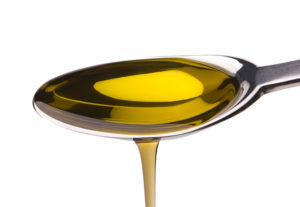
So, yes, these are all good reasons to do a hair pre-poo but ultimately, you have to decide if you wanna take this extra step in your hair routine and if it fits with your lifestyle, we’re all busy! So, whether you got no time for it or you can do it once a month or every week you decide. It’s certainly good to know you have this option if you ever start noticing changes in your hair. 😉
#9| Coconut Oil & She Butter
Royalty in the realm of hair product and DIY ingredients, shea butter and coconut oil seem to be accepted as a given in any curly girl cupboard. I love them both, but I don’t feel I owe them allegiance and you shouldn’t too. Both these ingredients have characteristics in their composition that make them a good fit for naturally curly hair use, however, the same could be said of other vegetable oils and butters.
There’s a wide choice of oils and butters you can choose from, you should use whatever agrees with your hair. For instance, a lot of people love and praise castor oil or jojoba oil and I don’t particularly like them on my hair. Moreover, you may be allergic to a specific ingredients everyone praises and need to rely on other options, but that doesn’t mean your hair is missing out on something. You’ll be fine without them if that’s your choice!
#10| LOC Method
I love the LOC Method, it kept my hair moisturised throughout my transitioning hair journey and I managed to avoid some of the woes many people complain about in this hair journey. However, since becoming fully natural I have slowly moved away from it.
I never saw it as the only way to truly keep my hair moisturised, but as the one that worked for my hair. Others like the Curly Girl Method, for instance. Today, I find I that applying three layers of product/ingredients takes its time and my lifestyle has changed. I want my wash day to take less of my time and I was able to do that by choosing my products well and changing my conditioning and styling techniques.
You too can keep your hair moisturised without following the LOC method, especially when there are different variations of it (LCO, LOCS or LOCO) and you wonder which one is the best for your curly hair.
My advice is to start with what feels comfortable to you, I started with the LOC method. Then, as you gather the knowledge of how curly hair and hair moisture work adapt your hair routine to your needs and lifestyle.
To conclude, there are no rigid curly hair rules. In the end, you gotta remember we’re all different. Our curls are different, our climate, our porosities, our lives, our hair needs and even our (hair) circumstances change over time and we gotta be able to adapt to them. So you’re better off seeing these ‘rules’ more like ‘guidelines’ or suggestions better yet.
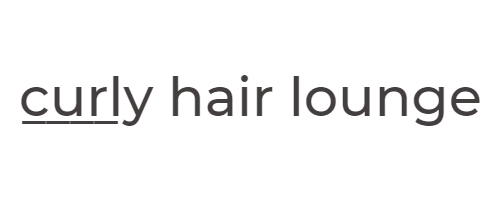
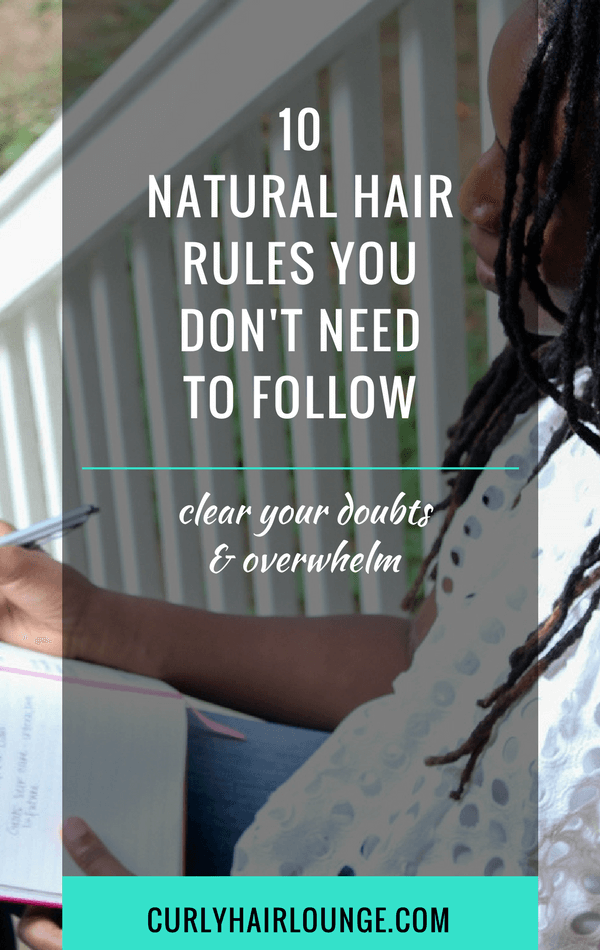
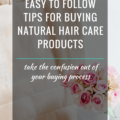
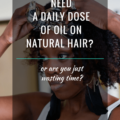
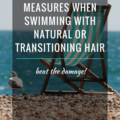
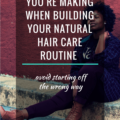
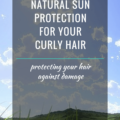
4 thoughts on “10 Natural Hair Rules You Don’t Need To Follow”
I recently discovered that my scalp doesnt produce enough oil, so I need to oil it regularly, although I prefer not to because I don’t like grease in general, unless on my skin.
I haven’t been able to hold moisture in for up to 10 days. You live in the UK, so it’s easier to keep moisture in longer. But my hair needs to be moisturized every few days or so, depending on my hair style and other circumstances of course
Hello Ade!
How did you discover your scalp doesn’t produce enough sebum? Not everyone will hold moisture for 10 days, not even me (but I don’t go for more than 7 days without washing my hair, I just can’t! 🙂 ). As you said, it will depend on your climate, hairstyle, products used… Yes, here in the UK is humid but it’s also very cold (low temperatures/dry cold), especially this last winter (2017/2018) and the water is very hard (another influencing factor in moisture retention). We just need to adjust our hair routine to our situation. However, I do find that if people moisturise their hair every day or every other day their hair is not well moisturised. It’s all about how the hair is being cleaned, conditioned and what products are being used. Take care! 😀
The “No terrycloth” rule. I don’t see much of a difference between when I use a towel and a t-shirt. Am I missing something?
Hi Haley, the terrycloth towel ends up giving frizz, it can snag and break our hair curly hair but if you don’t notice a difference do whatever you like.